What is the best lock for a locker?
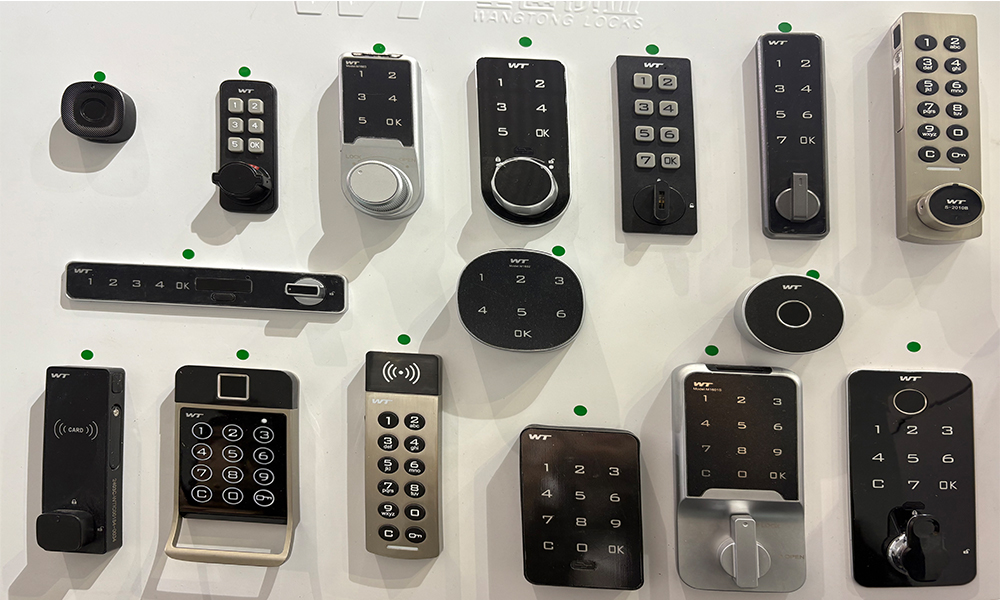
In the process of selecting lockers, people often weigh and consider from multiple dimensions, among which price, performance and safety are the three most core factors. The safety of lockers is not only related to the proper storage of items, but also an important support for the user's inner sense of security. And this key feature is mainly determined by two factors: material and lock. In the previous blog, we have conducted an in-depth analysis of the material selection of lockers, from the durability of steel plates to the lightness and corrosion resistance of plastics, providing a comprehensive reference for everyone.
So, on the basis of the safety foundation of materials, how to choose a reliable lock for the locker? This is the core of this article. Next, we will focus on the world of locks, take you to understand the characteristics, advantages, and adaptation scenarios of different types of locks, and help you find the most suitable security solution for your locker.
1. Combination Lock
Traditional mechanical combination locks maintain their dominance in the mainstream market due to their stable performance and affordable prices. These locks can be opened by rotating numbered dials or entering preset codes, eliminating the hassle of carrying keys. Particularly for student groups with good memory for codes, mechanical combination locks often prove to be the optimal choice. Products from major brands in the market can typically withstand thousands of opening/closing cycles, sufficient for daily use. Notably, the rise of electronic combination locks in recent years has provided users with more options. These products not only allow customized codes but some also feature temporary password functions, making them especially suitable for shared storage spaces.
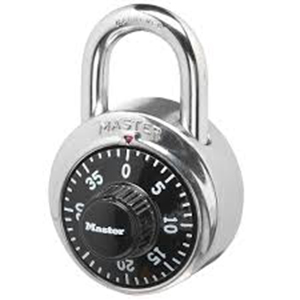
2. Key Lock
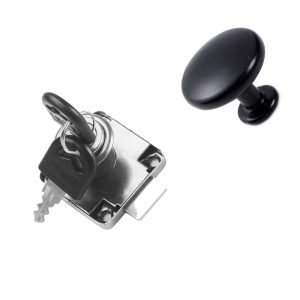
As one of the oldest types of locks, keyed locks still maintain irreplaceable status in specific fields. In locations requiring higher security levels, such as corporate offices or valuables storage, high-quality keyed locks remain the most reliable choice. Modern high-security keyed locks employ precise cylinder designs and rugged housing materials that effectively resist brute-force attacks. However, the risk of lost keys remains the Achilles' heel of such locks, making a backup key management solution advisable for important locations.
3. E-smart Lock
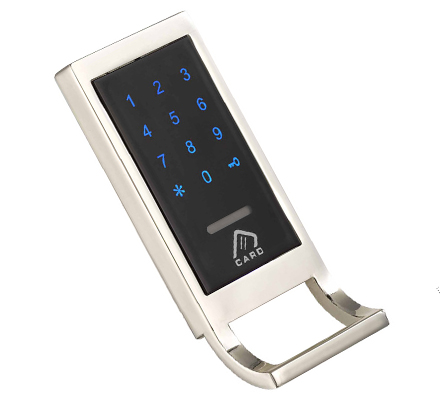
The rapid development of smart lock technology has brought new possibilities to locker security. Through Bluetooth, fingerprint recognition or RFID technology, users can enjoy keyless convenience. Some premium smart locks even offer advanced features like access records and remote authorization, making them particularly suitable for commercial spaces requiring strict access control. It's worth noting that such locks usually come with higher price tags and rely on power supply, potentially malfunctioning in extreme environments.
4. Coin-operated Lock
In public spaces like swimming pools and train stations, coin-operated temporary locks demonstrate unique advantages. These locks eliminate the need for users to bring their own, providing one-time access through coin insertion. While relatively limited in security, their convenience and management efficiency make them ideal for public facilities.
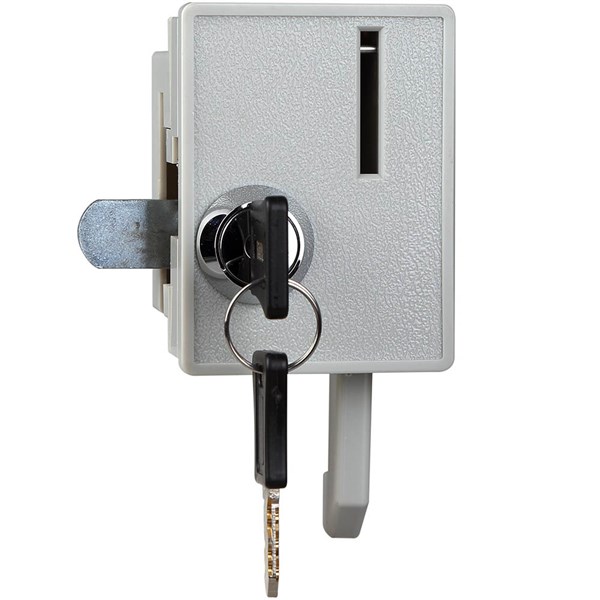
When selecting a locker lock, beyond considering security levels and usage scenarios, compatibility between the lock and cabinet must be noted. Different locker specifications may require particular lock sizes, so verifying relevant parameters before purchase is essential. Additionally, the lock's durability and after-sales service are important factors worth considering.
In this era that values both information security and physical security, a proper locker lock serves not just as a guardian of belongings, but also as a reflection of life quality. Understanding the characteristics of various lock types and making informed choices based on actual needs can ensure our daily storage remains both secure and convenient.

